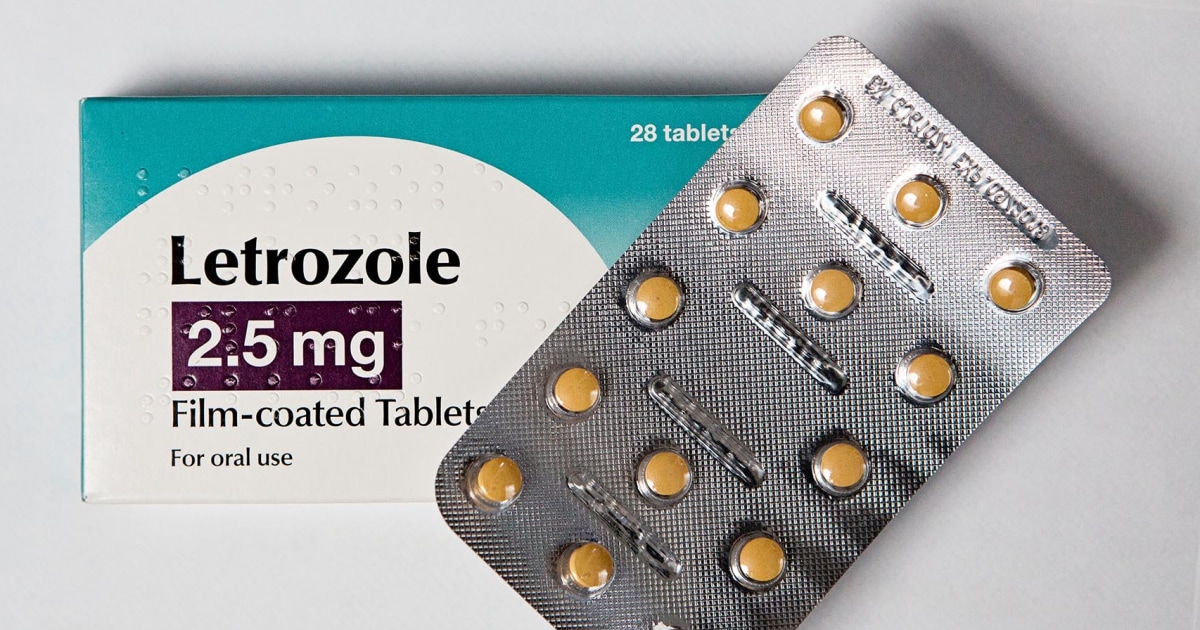Lithium Deficiency and Alzheimer's Disease: A Link to Be Aware Of
#lithium #alzheimer's #neurodegenerative #cognitive #treatment

The Link Between Lithium Deficiency and Alzheimer's Disease
Lithium is an essential element in our bodies, with a critical role in brain function. However, recent studies have shown a connection between lithium deficiency and the onset of Alzheimer's disease. This deficiency can be seen early on in the disease and has been replicated in animal models, specifically in mice. In fact, these studies have also shown that a novel lithium salt can be used to restore the physiological levels of lithium in the brain, effectively treating the disease.
The Role of Lithium in the Brain
Lithium is known to play a vital role in regulating neurotransmitters and enhancing cognitive function. It also has anti-inflammatory and neuroprotective properties, which are crucial in preventing and managing neurodegenerative diseases like Alzheimer's. In addition, lithium has been shown to stimulate the production of brain-derived neurotrophic factor (BDNF), a protein that is essential for the growth and survival of neurons. Therefore, a deficiency in lithium can lead to a decline in brain function and contribute to the development of Alzheimer's disease.
Treating Alzheimer's with Lithium
The use of a novel lithium salt, which has shown promising results in animal studies, can potentially be a breakthrough in treating Alzheimer's disease. This salt has been found to not only restore the physiological levels of lithium in the brain but also improve cognitive












